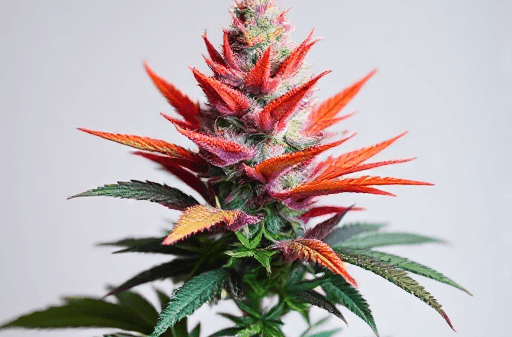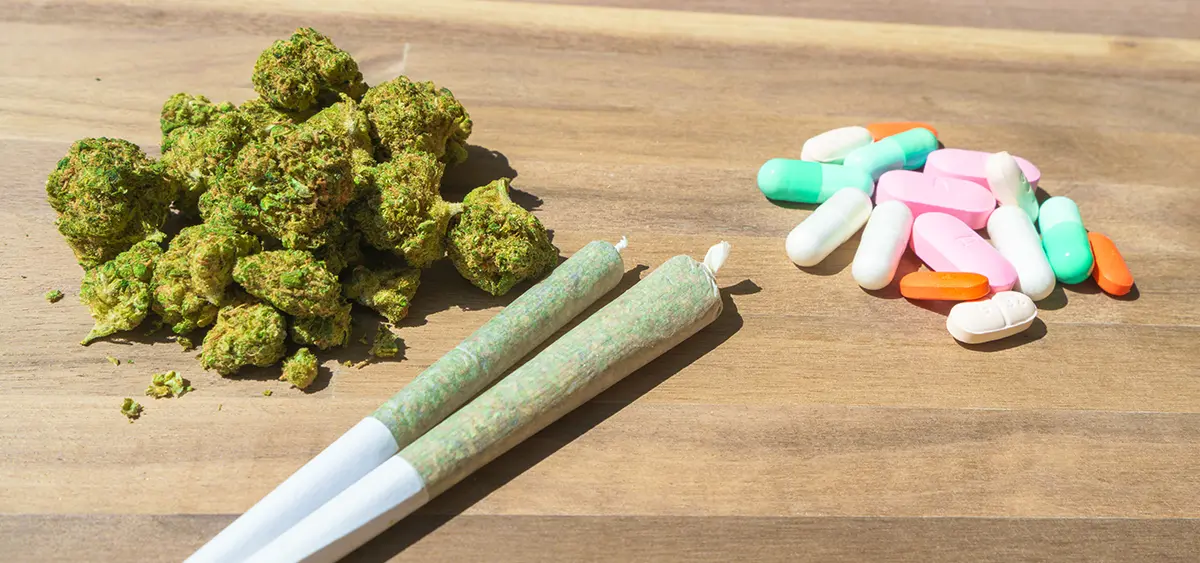Almost one third of patients with chronic pain report using medical cannabis to manage that pain, with more than half of them decreasing use of other pain medications, including opioids, new research shows.
That patients report substituting cannabis for pain medicines so much really underscores the need for research on the benefits and risks of using cannabis for chronic pain,” lead author Mark C. Bicket, MD, PhD, assistant professor, Department of Anesthesiology, and director, Opioid Prescribing Engagement Network, University of Michigan, Ann Arbor.
Another recent AMA study found that state-level medical marijuana legalization is associated with a significant decrease in opioid prescriptions and use among certain cancer patients.
A study that was released in September similarly found that giving people legal access to medical cannabis can help patients reduce their use of opioid painkillers, or cease use altogether, without compromising quality of life.
That same month, another study found that the pharmaceutical industry takes a serious economic hit after states legalize marijuana—with an average market loss of nearly $10 billion for drugmakers per each legalization event.
There’s no deficit of anecdotal reports, data-based studies and observational analyses that have signaled that some people use cannabis as an alternative to traditional pharmaceutical drugs like opioid-based painkillers and sleep medications.
Last year, a research paper that analyzed Medicaid data on prescription drugs found that legalizing marijuana for adult use is associated with significant reductions in the use of prescription drugs for the treatment of multiple conditions.
Meanwhile, a study funded by a top federal drug agency that was released in November found that state-level marijuana legalization is not associated with increased youth cannabis use.
Researchers published more than 4,300 studies on marijuana and its components in 2022, an analysis from NORML found.




















































